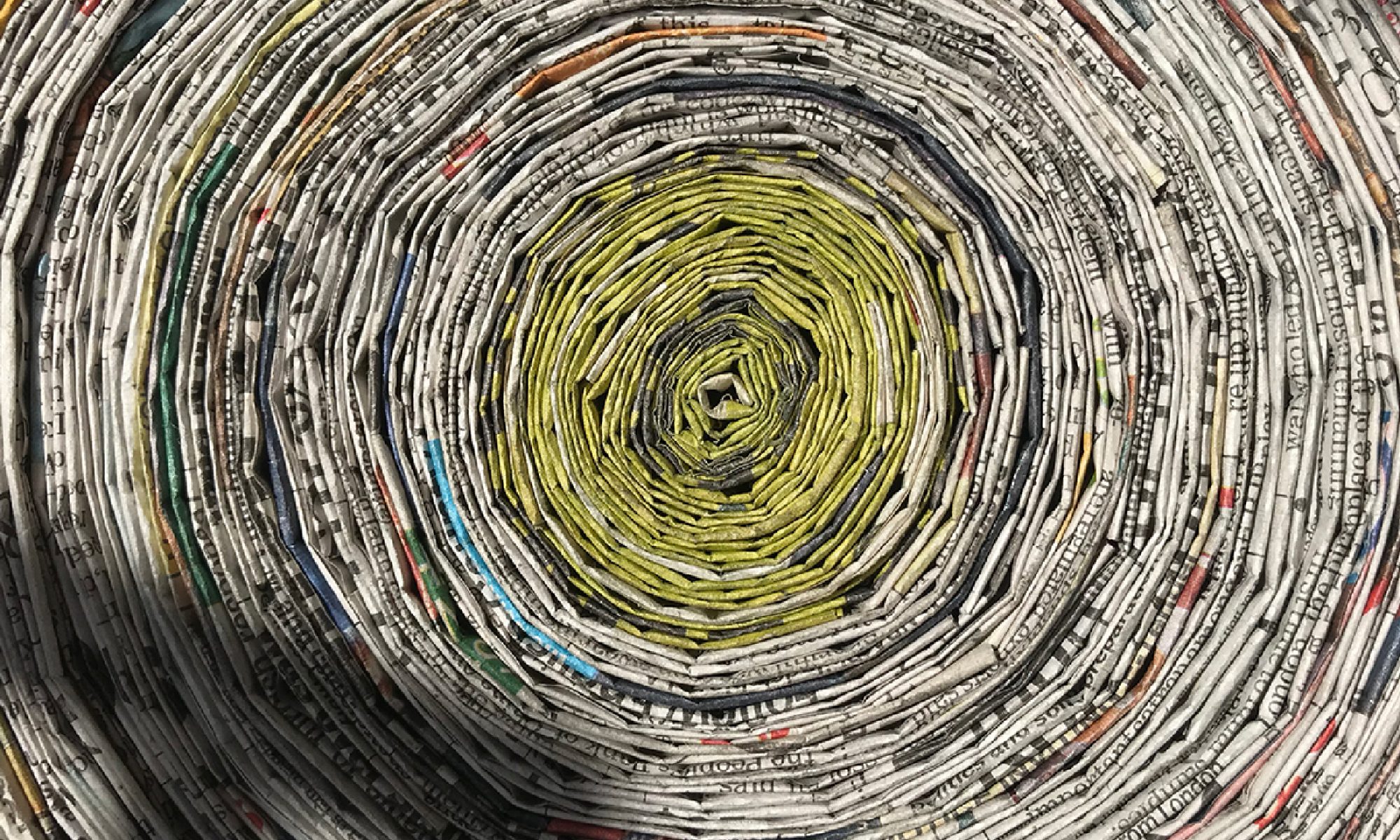“NOT ALL PASSPORTS ARE MADE EQUAL.“
This past week and a half, I have been moving around a lot. I moved from Mumbai to Dubai and will later be moving to Jubail. Everything has been moving so fast, that it almost doesn’t feel real. When I was in Mumbai, I almost never stepped out of the house unless I absolutely HAD to do something. Then now that I am in Dubai, I am going out more frequently (I only had to quarantine until I got my negative result) and I constantly feel aware of my surroundings, taking care not to touch any surfaces and if I do, constantly sanitizing and feeling even more careful in more crowded spaces. It’s been hard to relax when I always have to be aware. I feel these behaviours are something that have been ingrained in me from when I was in India where I had to be especially carefully due to the sheer amount of COVID cases that is rapidly growing in my country. Massive population + small spaces + widespread misinformation + government incompetency = a lot of COVID-19 cases. So far, I have taken 3 COVID-19 tests and one more is scheduled when I landed in Saudi Arabia.
Throughout the week, I was faced with the idea of borders and all the procedures that I had to go through in order for me to be allowed to cross these borders, especially during these times. I was also reading Mahmoud Keshavarz’s Design Politics of the Passport so it really put everything into perspective. Let’s break down my journey. I lived in India. I want to go to Saudi Arabia. People from India aren’t allowed to go to Saudi Arabia due to India’s MANY COVID-19 cases. How do I go to Saudi Arabia then? There is a loophole. I go to Dubai where people from India are allowed to go and stay there for 2 weeks to prove to Saudi authorities that I didn’t come from India. It’s an expensive loophole. You have to pay for 2 plane tickets, the visas, the hotel, the food, COVID-19 tests etc. There is a privilege that comes with being able to travel like that.
There’s also a glaring double standard to all these procedures and permission and border control. The idea of not allowing people from India is understandable. India has a lot of COVID-19 cases and you don’t want these cases to spread in your country. Fair but this travel ban doesn’t apply to the U.S., the country with highest COVID-19 cases in the world. U.S. citizens can go directly to Saudi Arabia. No loopholes. This made me think about passports, the power or powerlessness it holds depending on which country you come from. Not all passports are made equal. It’s something I always had to acknowledge. I am intimately familiar with border procedures and permissions having moved from place to place my whole life. I always worried if I had all my papers with me when I go to the airport or risk not being able to go anywhere. Double checking. Triple checking. I never could just go anywhere, I always had to gather permission which depending on certain countries could take months. It’s tiring and tedious and frankly, upsetting to think about. Always worrying if you have the “right” documents or the “right” passport. I can’t help but feel a little powerless since a lot of these systems and procedures I have to follow are out of my control.
Though I did all this speculation on passport and borders and power. I was too upset about it to even want to confront it for my video. Maybe in a later action. I decided to go for a much more specific route, my name, particularly my last name. Mitra. Another thing that I was suddenly being made aware of since I was signing a LOT of papers during my move. Mitra means friend in Bengali which is what I love most about my name : ) When I was signing these documents, I couldn’t help but confront the pronunciation of Mitra in English versus the pronunciation of my name in Bengali. Mitra vs Mitro. It’s always something I found strange when people transliterate Bengali words into English. Some of the ‘a’ in certain parts of a word are pronounced as ‘o’.
Frankly, there’s no logic to when should certain ‘a’s should be pronounced as ‘a’ or ‘o’. At least , I think there is no logic. Further research needs to be done. It’s something you understand as you speak and get a feel of the language. My father always used to tell me it’s because the British couldn’t pronounce these ‘o’ sounds so they just pronounced it as ‘a’ and that’s how Mitro became Mitra. Now I don’t know if that’s true but if it is, that’s some messed up transliteration/spelling. It’s confusing but funny. The above video deals with this dichotomy of my last name. Officially I am Mitra but culturally I am Mitro. Mitra is now set in a binary of the official and the cultural. The above video represents that binary and the confusion and the hilarity behind it.
My second video exploration is of nature and the environment. In action 3, I attempted to explore nature by going to a garden and collect leaves, seeds and flowers I found interesting. Once I collected everything, I didn’t know what to do with all this material and ended up leaving it for the time being. After my peer engagement session, it made me realize how limited my view of nature is. Is it because I was living in a city and got an impression that nature doesn’t exist there? It was unconciously done. Nature isn’t just trees, leaves and flowers, it’s also sunlight and air and water and earth. I am nature as well. I live and interact with the environment. I unconciously considered nature as separate from myself when I am actually a part of it. This video is ecological research and how it can inform myself and others about the world. Now that this research has been done, how will it inform my further actions and practice? By learning from nature, how do I not exploit it but use it to create a more sustainable, thriving world?

